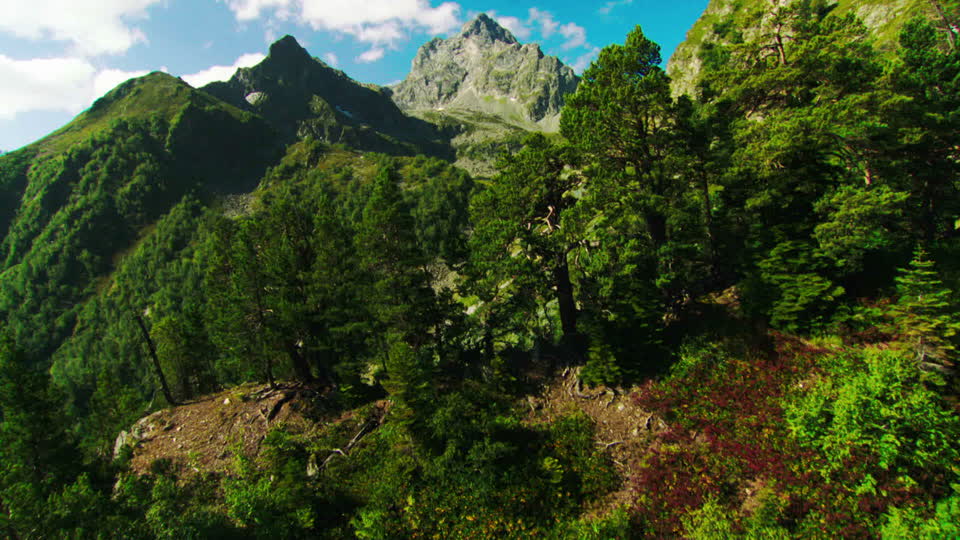I’ve just finished listening to Tolstoy”s The Cossacks on disk and, as always with Tolstoy, I thrilled to the characteristic spiritual wrestling that one finds here as in his other novels. Such introspection draws me to Pierre in War and Peace and to Levin in Anna Karenina. Olenin is a young nobleman who has left behind his dissipated life in Russia and found a healthy new perspective in the Caucasus.
In an important scene that occurs while he is hunting, he stumbles on what he believes to be the key to happiness. It comes when he is grappling with mortality and his apparent insignificance in the broader sweep of nature. “Daddy Eroshka” is an old Cossack who becomes a kind of guide figure for Olenin:
“Just as they, just as Daddy Eroshka, I shall live awhile and die, and as he says truly:
‘grass will grow and nothing more.’
“But what though the grass does grow?” he continued thinking. “Still I must live and be happy, because happiness is all I desire. Never mind what I am–an animal like all the rest, above whom the grass will grow and nothing more; or a frame in which a bit of the one God has been set,–still I must live in the very best way. How then must I live to be happy, and why was I not happy before?” And he began to recall his former life and he felt disgusted with himself. He appeared to himself to have been terribly exacting and selfish, though he now saw that all the while he really needed nothing for himself. And he looked round at the foliage with the light shining through it, at the setting sun and the clear sky, and he felt just as happy as before. “Why am I happy, and what used I to live for?” thought he. “How much I exacted for myself; how I schemed and did not manage to gain anything but shame and sorrow! and, there now, I require nothing to be happy”; and suddenly a new light seemed to reveal itself to him. “Happiness is this!” he said to himself. “Happiness lies in living for others. That is evident. The desire for happiness is innate in every man; therefore it is legitimate. When trying to satisfy it selfishly–that is, by seeking for oneself riches, fame, comforts, or love–it may happen that circumstances arise which make it impossible to satisfy these desires. It follows that it is these desires that are illegitimate, but not the need for happiness. But what desires can always be satisfied despite external circumstances? What are they? Love, self-sacrifice.” He was so glad and excited when he had discovered this, as it seemed to him, new truth, that he jumped up and began impatiently seeking someone to sacrifice himself for, to do good to and to love. “Since one wants nothing for oneself,” he kept thinking, “why not live for others?” He took up his gun with the intention of returning home quickly to think this out and to find an opportunity of doing good.
Of course, the revelation is only the first step, and Olenin must then figure out how to live such a life in the real world. Following these reflections, however, his life takes on a new urgency.
